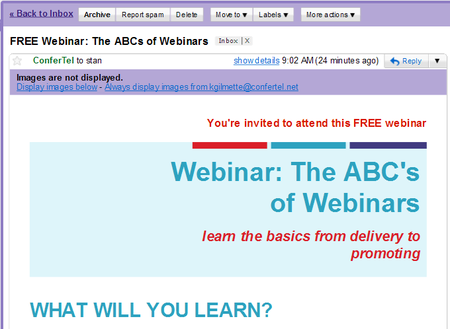I just finished my first week on WeightWatchers online. I have followed the WeightWatchers plan in the past to lose weight, and I have to say, I prefer the current plan–the online version–over the previous plans.
The first reason is the online part–in the past, the WW plan focused on attending your weekly meeting. I’m an introvert and I hated the meetings; I never wanted to share my experiences, and I felt that didn’t get much from others’ experiences. With the online plan, I get all the advice, and the diet and exercise tracking using an online and iPhone app with no expectation of attending meetings.
The second, and bigger, reason reason I like the new plan is how you track your eating. Everything you eat is tracked as points, which you can look up in the apps (a point is roughly 60-70 calories, but also takes fat and fiber content into consideration). That’s the way WW has done it for several years. With the current plan, though, you get X points per day, plus 35 weekly points to use whenever you like during the week (plus, exercise earns you more weekly points).
Most days last week, I followed the plan really well, but I went over my daily points a little two or three days. But with the weekly points, that was no problem. And on Saturday, we visited my mother-in-law’s and aunt’s house in San Antonio, which is always an eating challenge: they keep lots of sweets and the meals aren’t often very dietetic. On Saturday, I ate better than I have in the past, but I still ate some cake and we ordered pizza for lunch. I consumed about 50% more than my daily points! On a ‘traditional’ diet, that would have been a failed day, but I had enough weekly points left to cover it. Again, no biggie.
By the end of the week, I’d used all my weekly points and a few of my activity-earned points, so I stayed on the program; more importantly, I lost some weight and felt successful.




